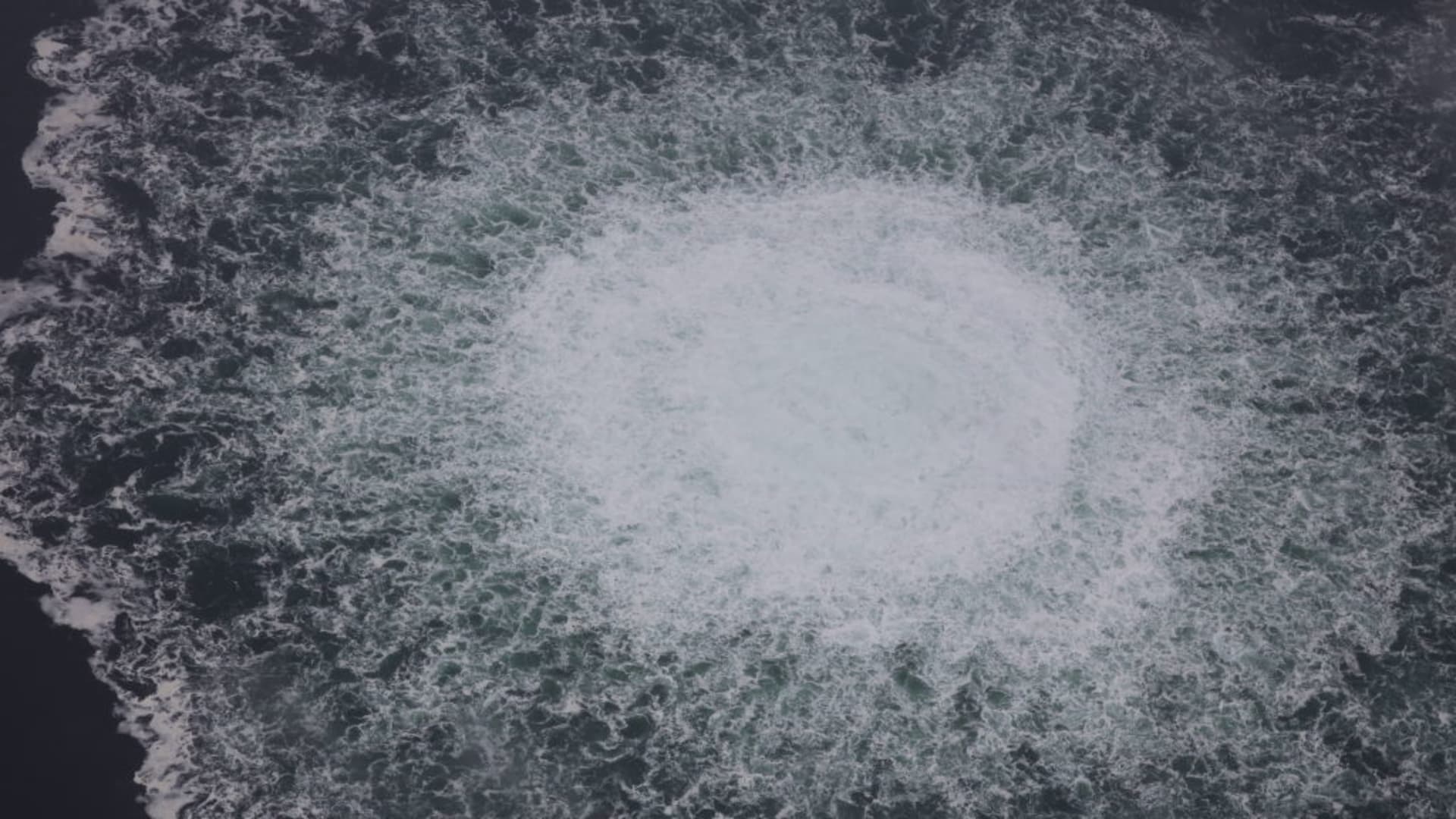Sweden’s prosecutor’s office said Friday that an investigation into gas leaks from two underwater pipelines connecting Russia to Germany found traces of explosives, confirming that it is a case of “serious sabotage.”
Swedish and Danish investigators are investigating a flurry of detonations on the Nord Stream 1 and 2 pipelines on Sept. 26 that sent gas spewing to the surface of the Baltic Sea.
The explosions triggered four gas leaks at four locations: two in Denmark’s exclusive economic zone and two in Sweden’s exclusive economic zone.
The Swedish Prosecution Authority said in a statement that “residues of explosives have been identified on several of the foreign objects seized,” according to a translation.
It added that work continues “in order to be able to draw safe conclusions about the incident,” noting that the investigation is “extensive and complex.”
“The continued preliminary investigation must show whether someone can be served with suspicion and later prosecuted,” it said.
Many in Europe suspect the Nord Stream gas leaks were the result of an attack, particularly as it occurred during a bitter energy standoff between the European Union and Russia.
Moscow has repeatedly dismissed claims it destroyed the pipelines.
Kremlin spokesperson Dmitry Peskov said Friday that Russia would await a full damage assessment before deciding on any repairs, Reuters reported.
Danish police said last month that “powerful explosions” caused the damage at the Nord Stream pipelines.
Swedish and Danish authorities have previously put the magnitude of these explosions at 2.3 and 2.1 on the Richter scale, respectively, which they said likely corresponded to an explosive load of “several hundred kilos.”
Climate scientists described the shocking images of gas spewing to the surface of the Baltic Sea in late September as a “reckless release” of greenhouse gas emissions that, if deliberate, “amounts to an environmental crime.”
